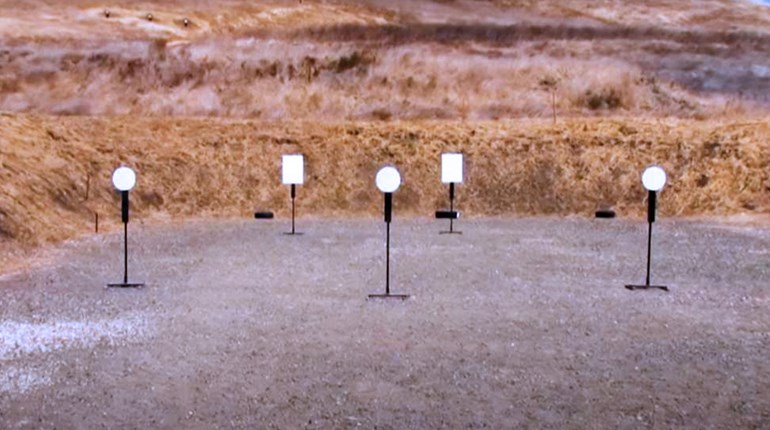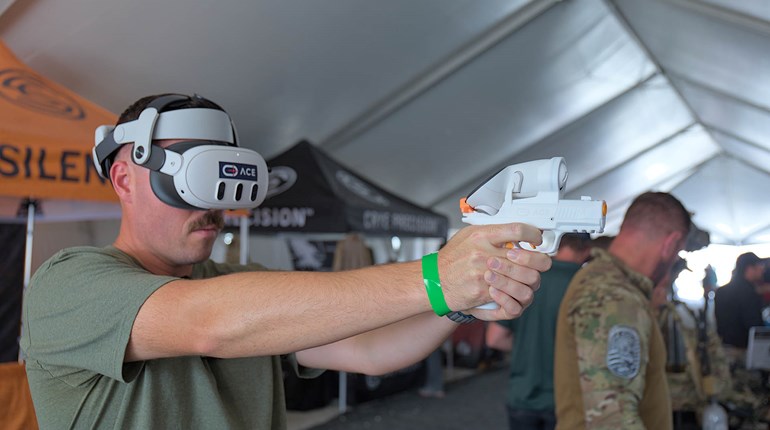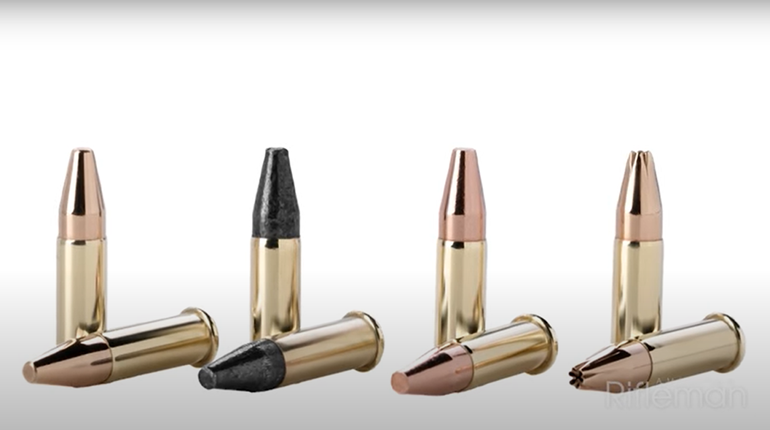
The decline of a loyal, canine hunting partner is the price we pay for the joy of a puppy. The bittersweet reality is that if we are lucky enough to share our days afield with a great dog, we will probably have to nurse him through old age and decline.
For some dogs that means making life on the porch or couch as comfortable as possible, but for many it means extending their time afield. Or at least it should. More than one geriatric dog continues to hunt after age 10, 12, 14, and in rare cases even beyond. Genetics play the biggest role in longevity and senior performance, but nutrition contributes mightily.
“You are what you eat” is a bit overstated. After all, Dog isn’t a bag of dog food anymore than I’m a pheasant, quail, elk or whitetail. But if we take that old slogan as a reflection of nutritional quality, we can put it to work. Dog trainer Karl Gunzer sums it up nicely: “Focus nutrition to fuel an older dog’s body and mind without causing weight gain.”
Proper working-dog nutrition, what we might call high-quality diet, fuels a high quality of life for Dog well into the senior years. According to Brian Zanghi, senior research nutritionist at Purina, combining proper nutrition with conditioning strategies can support senior dogs’ performance as well as overall health. “Obviously, it’s important to match physical activity to the age of your dog,” Zanghi says. “Mobility, mental sharpness and overall health become more important than speed and intensity.”
That seems obvious, but focusing on it can help us maximize the years left to our older hunting dogs and keep them in the field—and productive. Hunts may go from ripping through the fields at hyper speed to half speed, from all day to half day, from half days to two hours, from two hours to an hour in the morning and an hour in the afternoon. Age demands that we and our dogs taper off. But we don’t have to quit, and a strategy that incorporates good nutrition plus supplements has been proven to help.
According to Zanghi, Purina’s 14-year Life Span Study revealed that proper feeding to maintain ideal body condition plays a major role in performance, overall health and longevity. Basically you keep the fat off and energy levels up. This reduces stress on joints and makes regular exercise easier. In short, don’t let older dogs get fat and lie around doing nothing. Keep them lean and active.
Megan Spellane, upland hunting guide and dog trainer at Branded Rock Canyon in Colorado, concurs with Zanghi. Spellane worked Labs of her own for years before transitioning to full-time training at Branded Rock. She now maintains and runs Labs, German shorthairs and pointers as old as 10. “My rule of thumb is to feed my working older dogs a high-quality dog food with lamb or chicken, not ‘animal byproducts,’” Spellane says. She keeps protein at 26 percent or higher, but cuts fat back to about 15 percent. “But really the biggest thing is to monitor that dog’s condition,” she notes. “I like to keep hips and ribs just covered. Keep the older dogs looking the same as younger dogs. Keep their teeth clean and in good condition. And don’t let them get out of shape and fat in the offseason.”
Some older dogs will begin suffering decreased kidney function, even renal failure. Those will need significantly reduced protein levels in their food, down around 14 percent protein, according to veterinarians. Many also become prone to constipation, which can be minimized with food fiber levels at 3-5 percent. Add common wheat bran to regular dog food for this fiber boost.
Something else Spellane does is treat working dogs 8 years old and older with an antioxidant supplement that provides vitamins, minerals and omega-3 fatty acids. “I start it three weeks before the season and then use throughout,” she explains. “They’re not sore the next day. Even so, I help older dogs in and out of the truck. Saves those joints from useless wear and tear.”
Zanghi says research indicates dogs at around age 7 should be switched from a high-fat, high-protein performance diet to a health-and-wellness maintenance diet. “Older dogs have special dietary needs,” he notes. “Glucose metabolism in the brain begins to change, potentially affecting memory, learning, awareness and decision-making. Many senior dogs benefit from high-protein diets to help retain lean body mass, but that also are lower in fat to help maintain a healthy body condition.”
Zanghi, who has a Ph.D. in animal nutrition, also likes supplements, especially one Purina includes in some of its senior dog foods. “Our Bright Mind Adult 7+ formula includes a blend of brain-supporting nutrients for cognitive health,” he explains, “including arginine, DHA and EPA, antioxidants such as vitamins E and C, and B vitamins such as folic acid and pyridoxine, plus an omega-3 fatty acid and glucosamine to support joint health. For healthy skin and coat we’ve added vitamin A and linoleic acid.”
With a good foundation of food and supplements, you are ready to build on Dog’s strength and stamina. Zanghi recommends a vet check to make sure Dog is at least in shape for getting in top shape. Then start a modified conditioning program similar to any you’d use with a younger dog, but start earlier and work up more slowly. “Older dogs require more time to get in shape and recover from exercise, so start early,” he suggests. “I’d start several weeks before you would with a younger dog. Always start and end sessions with about 10 minutes of warm-ups and cool-downs. Swimming is a great exercise to build up endurance and keep an old dog lean without putting stress on joints.”
Other advice is to avoid super hot or cold weather, do shorter training sessions, keep Dog hydrated, and rest more often. Slow down. Take time to savor the experience and let Dog recover.
I like to run my older dogs for an hour or two at their speed early in the day, and then put them up until either the evening for a short hunt or the next day. Depending on Dog’s age and recovery time, I sometimes wait two or even three days for his next hunt.
Old Dog will never be the blazing streak of bird-hunting power he was at 4 and 5, but he can still give you his all and enjoy the process. It’s your job to give him the right nutrition, supplements and conditioning to make that possible. Considering all the joy and performance he gave you all those years, it’s the least you can do.



































